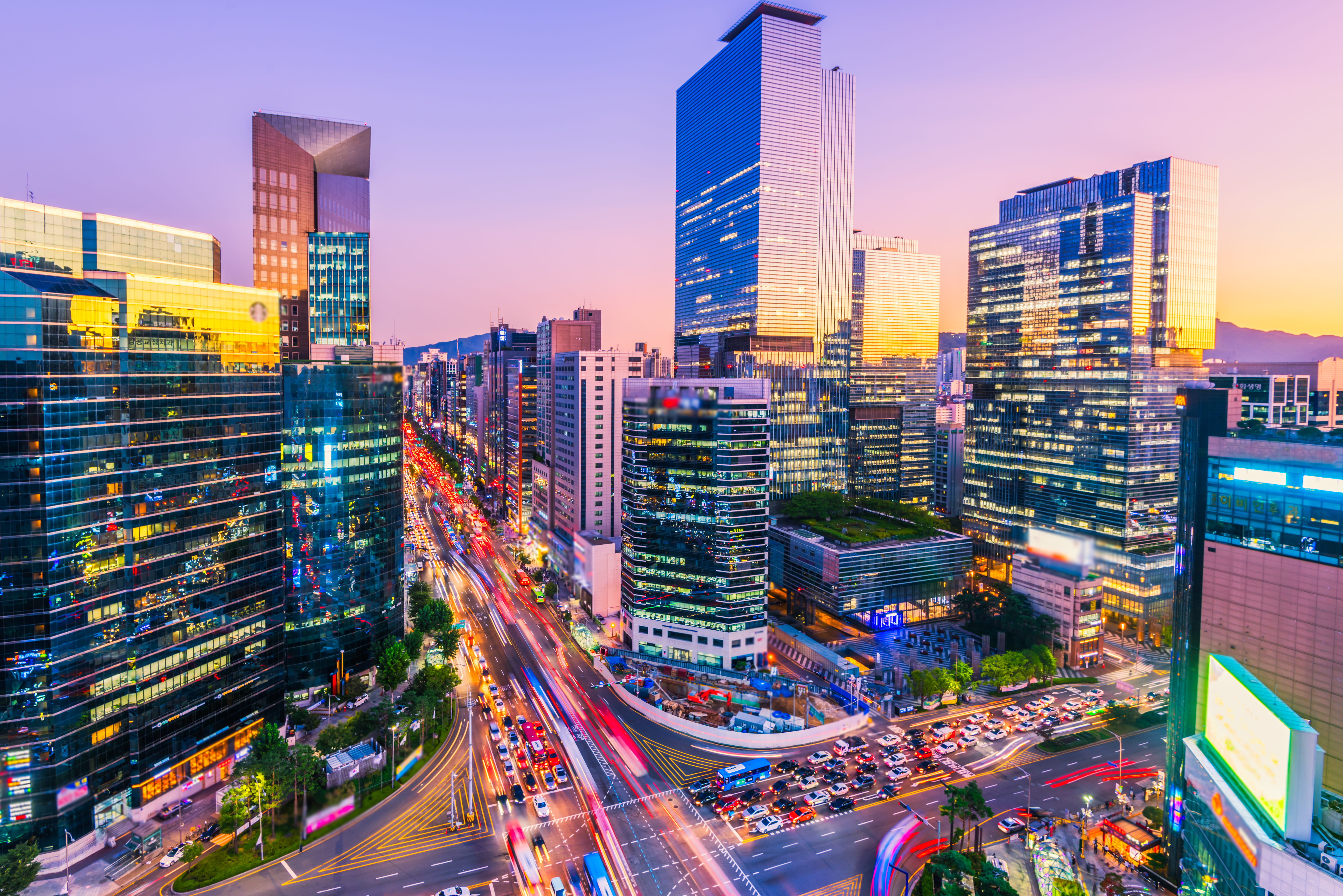Korea 2024: A Strategic Investment Perspective

Amidst the ever-evolving global economic landscape, Korea emerges as a strategic nexus for discerning entrepreneurs and investors seeking to capitalize on emerging opportunities. Renowned for its resilient economy, cutting-edge technological infrastructure, and proactive government initiatives, Korea stands at the forefront of innovation and progress in the Asia-Pacific region. In this analysis, we delineate five compelling imperatives underpinning the strategic imperative to establish a business presence in Korea in 2024. Grounded in rigorous research and empirical data, our exploration navigates the dynamic contours of Korea's business environment, offering actionable insights for stakeholders poised to leverage its potential for sustained growth and prosperity.
Supportive Policies for Foreign Investors
In a strategic luncheon convened by President Yoon Suk-yeol on February 14th, key figures from the foreign investment arena congregated at the Seoul Chamber of Commerce and Industry. The meeting aimed to recalibrate Korea's investment framework and align tax policies with global norms. Noteworthy was President Yoon's acknowledgment of foreign enterprises as pivotal drivers of Korea's economic engine, with incentives in place for firms investing over 100 million won and holding a stake exceeding 10%. Reflecting this amicable stance, Korea currently hosts a registry of 17,900 foreign-invested enterprises, underscoring its appeal as an investment destination.
Against the backdrop of Korea's record-breaking $32.7 billion foreign direct investment in the preceding year, discussions at the luncheon underscored the symbiotic relationship between foreign capital and Korea's economic vitality. President Yoon reiterated the government's commitment to fostering an investor-friendly environment, emphasizing the need for regulatory alignment and tax incentives. Minister Ahn Deok-geun outlined strategies to stimulate foreign investment, prompting vibrant discourse on regulatory reforms and investment expansion. Representatives from major economies advocated for pragmatic changes, including the simplification of cash subsidy procedures and harmonization of global standards. These dialogues resonate with Korea's aspiration to evolve as a competitive market, in line with the government's market-driven economic vision.
Economic Fortitude
Amidst the global economic landscape, Korea emerges as a formidable player, boasting a GDP exceeding $1.6 trillion and securing its position as the 10th largest economy worldwide. With its trade volume ranking 6th globally and foreign exchange reserves placing 9th as of February 2023, Korea's economic prowess is undeniable.
At the heart of Korea's economic resilience lies a foundation built on stability and continuous growth. The country's business environment fosters uninterrupted corporate operations, providing a conducive atmosphere for sustained expansion. In the eyes of foreign investors, Korea's economic landscape offers a promising destination, where reliability and growth potential converge to create unparalleled opportunities.
Investment in Human Capital and Research Excellence
In 2021, Korea's research and development (R&D) investment soared past 100 trillion won, solidifying its rank as the world's second-largest R&D spender relative to GDP, trailing only Israel. With a staggering 16.7 researchers per 1,000 economically active individuals and 9.1 researchers per 1,000 population, Korea's unwavering dedication to cultivating a culture of innovation and intellectual advancement is unmistakable.
Embedded within Korea's exceptional economic ascent of the past fifty years are the intrinsic virtues of its populace: diligence, accountability, and adaptability. Boasting a university graduation rate of 69%, the highest among OECD nations as of 2021, Korea's human capital stands as its most prized asset, fueling continuous innovation and advancement. This ingrained "innovation DNA" within its highly adept workforce serves as the driving force propelling Korea's ongoing journey toward sustained global relevance and competitiveness.
The Logistics Hub of East Asia
In the dynamic landscape of global trade, Korea emerges as a pivotal nexus, seamlessly connecting major nations and cities with its advanced logistics infrastructure. Situated adjacent to China and Japan, Korea serves as a crucial logistics hub linking the Asia-Pacific region with the Eurasian and Americas continents through maritime and aerial routes. Moreover, it holds significant potential for establishing new pathways to traverse the Eurasian continent via land routes.
Boasting a network of 59 countries, including the European Union (EU), the United States, and China, Korea has inked 21 free trade agreements (FTAs) as of February 2023. Continuously pursuing FTAs with emerging economies, Korea leverages its strategic geographic position to penetrate markets in most advanced nations worldwide.
In the realm of logistics, Korea stands at the forefront, offering unparalleled connectivity and efficiency to businesses operating in or through the region. With its strategic location, robust infrastructure, and extensive trade agreements, Korea presents itself as an ideal gateway to lucrative markets, embodying the spirit of innovation and economic progress in East Asia.
The Secure Haven of South Korea
South Korea stands out globally for its exceptional safety standards, consistently ranking among the top countries in terms of safety indices and boasting relatively low crime rates. Moreover, the country's healthcare infrastructure is renowned for its high quality, ensuring access to top-notch medical services for its residents.
In terms of healthcare facilities, South Korea leads the pack with an impressive number of hospital beds per thousand inhabitants, securing the top position in 2021. Additionally, as of 2020, it ranked second globally in terms of hospitals per one million people, further highlighting its robust healthcare system.
Furthermore, South Korea offers an outstanding education environment for foreigners, particularly evident in Incheon's Songdo, a global city boasting five international university campuses. Across the country, there are a total of 43 kindergarten, elementary, middle, and high schools catering to foreign students as of 2021, showcasing South Korea's commitment to providing well-equipped educational facilities for its international community.
Conclusion
In summary, Korea stands as an undeniable beacon of opportunity in the global economic landscape of 2024. Its multifaceted appeal, from investor-friendly policies to robust economic fundamentals and cutting-edge innovation, positions it as a strategic destination for businesses aiming for sustainable growth. Pearson & Partners, with its specialized expertise in facilitating market entry and expansion into Korea, offers tailored solutions to navigate the intricacies of the Korean business environment. Through meticulous incorporation and tax accounting services, we empower clients to harness Korea's potential fully and achieve their objectives in this dynamic and promising market. Contact us today to embark on a journey towards unlocking the myriad opportunities that Korea has to offer and charting a path to enduring success.
.png?width=1656&height=121&name=rsz_%EB%A1%9C%EA%B3%A0%ED%88%AC%EB%AA%85%20(8).png)

%20in%20Korea.jpg)